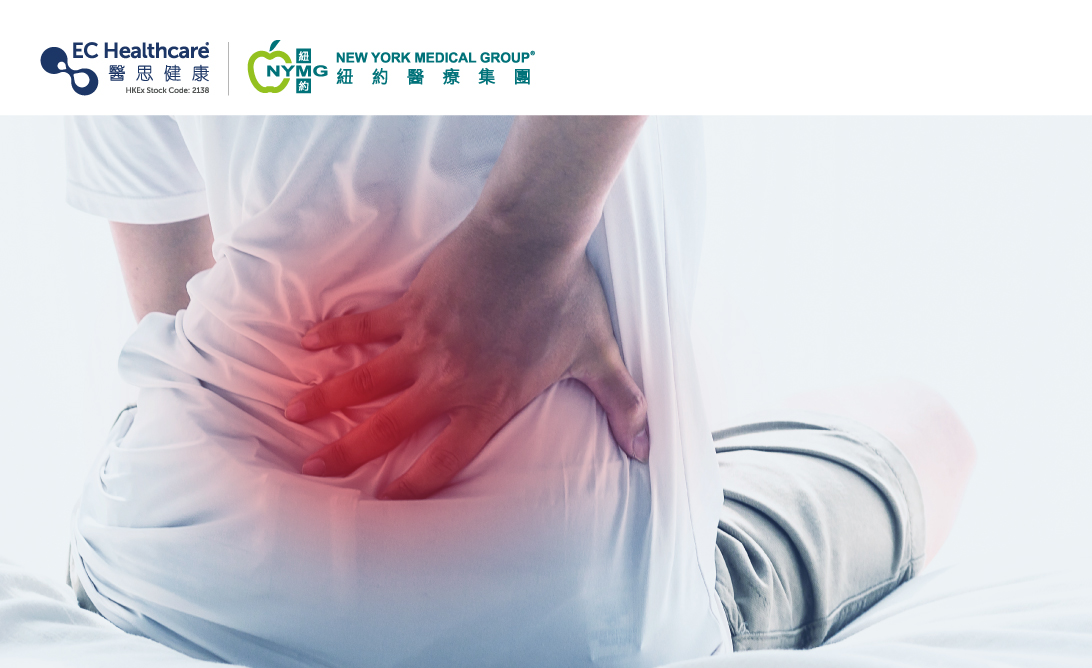Experiencing Unexplained Dizziness? Chiropractor Reveals Cervicogenic Dizziness Caused by Neck Joint, Muscle, or Nerve Dysfunction


Many of us have experienced episodes of dizziness, sometimes attributed to a cold or motion sickness, while others remain unexplained. This article aims to shed light on a commonly overlooked cause of dizziness – issues with the cervical spine.
Cervicogenic Dizziness Originates from Cervical Spine Issues
Cervicogenic dizziness refers to dizziness caused by problems in the cervical spine, often accompanied by discomfort in the neck region. It is caused by joint, muscle, or nerve dysfunction in the cervical spine, rather than issues originating from the inner ear or the brain.
Individuals with conditions such as cervical degeneration, cervical disc protrusion, arthritis, or prior neck injuries are more prone to experiencing cervicogenic dizziness. For instance, whiplash injuries resulting from car accidents, sudden stops while driving, or roller coaster rides can also lead to cervicogenic dizziness. These cervical issues can stimulate nerve pathways and strain muscles, affecting proprioception and resulting in sensations of dizziness for the affected individuals.
Causes of Dizziness: Impaired Proprioception Sensation
Proprioception is responsible for perceiving the body's various parts and sensing their positions and movements. It functions like a navigation system, tracking the body's different components, such as the position of our limbs. Even if we can't see them, we can still perceive their location through proprioception. Proprioceptive signals originate from the nerve pathways in the joints, muscles, and connective tissues. Therefore, if these structures are injured, compressed, or inflamed, it can disrupt the proprioceptive signals and lead to dizziness. For example, some individuals may feel dizzy upon simply looking up, indicating an impact on proprioceptive sensation.
Cervicogenic Dizziness Accompanied by Additional Symptoms: Early Treatment Recommended
In addition to dizziness, patients may also experience symptoms such as imbalance, difficulty walking, neck pain, headaches, head pressure, neck stiffness, blurred vision, nausea, and vomiting.
When experiencing these symptoms of dizziness, it is recommended that patients seek qualified healthcare professionals for examination and treatment as soon as possible. Upon visiting a chiropractic clinic, the chiropractor will first gather a detailed medical history from the patient. They will also conduct various clinical examinations, including assessments of spinal and muscular structures, and shape examination, as well as neurological evaluations related to balance. This comprehensive approach helps the chiropractor identify the underlying causes of dizziness and make an accurate diagnosis. Once cervicogenic dizziness is confirmed, the chiropractor will address issues related to the cervical spine joints, muscles, or nerve dysfunction to restore optimal proprioceptive function, thereby alleviating dizziness and other associated symptoms. For many individuals, proper diagnosis and targeted treatment can lead to significant improvement in symptoms of cervicogenic dizziness.










